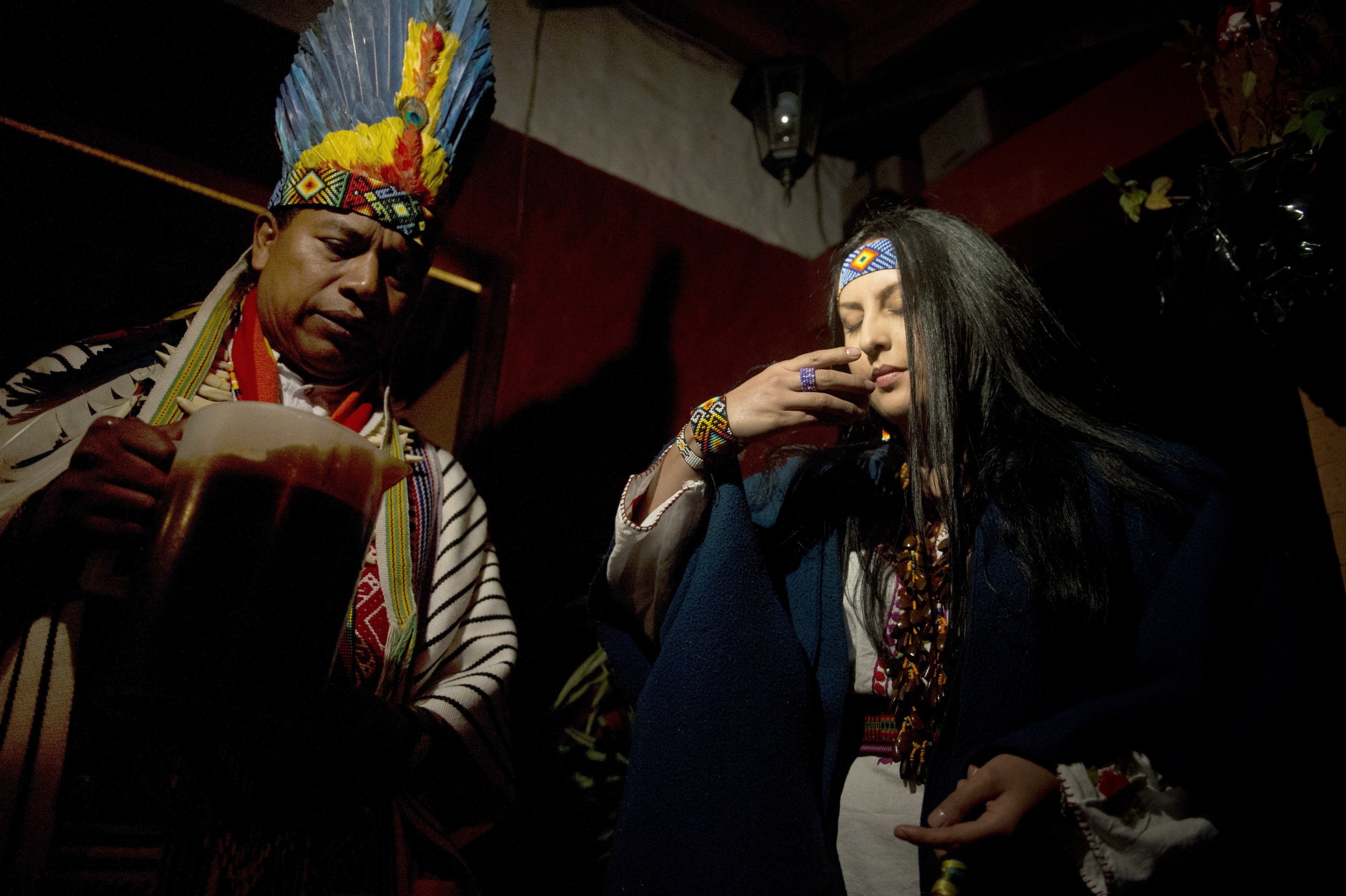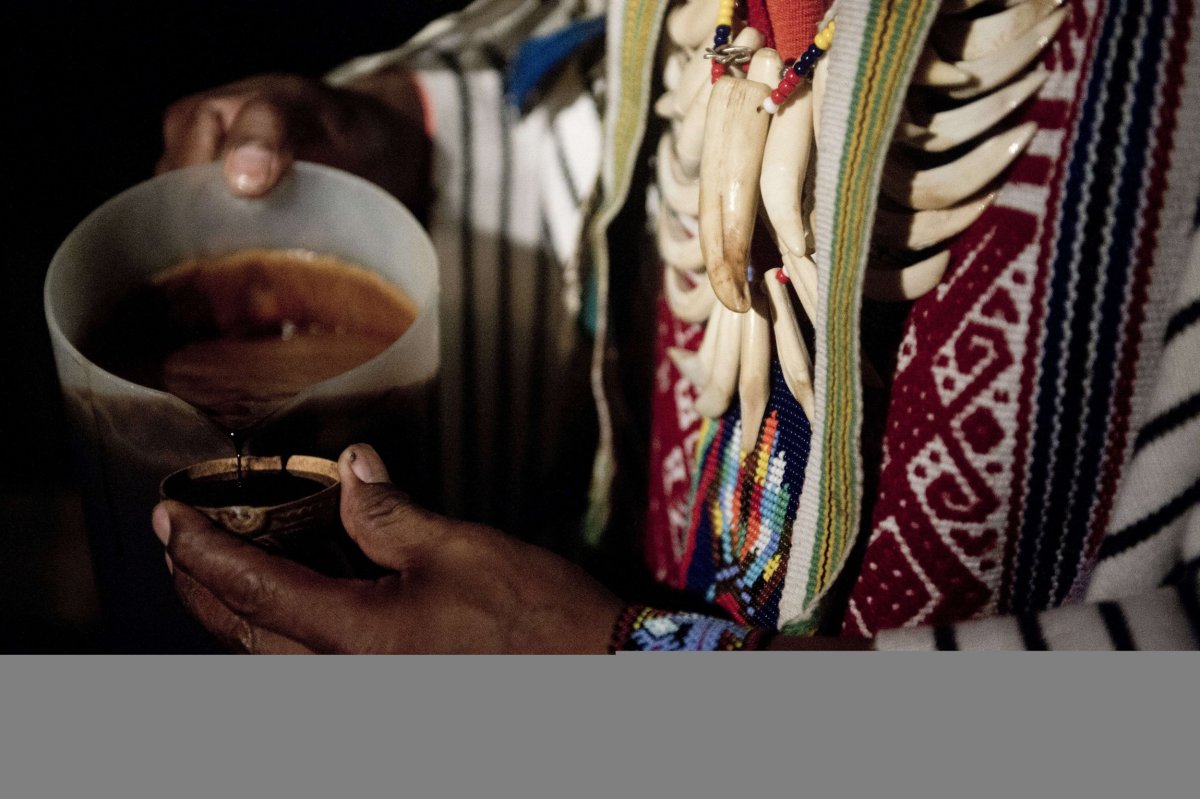
The psychedelic substance ayahuasca has been part of indigenous rituals in South America for centuries. In recent years, it has come into vogue as a treatment or psychological tool by visitors from other countries. This centuries-old brew is now attracting attention as scientists study its potentially benefical effects.
The newfound fascination with ayahuasca—which blends a vine called Banisteriopsis caapi with other plants—in the U.S. has been reflected in the media. In 2016, the New Yorker described an ayahuasca "boom" in Silicon Valley and Brooklyn: one scientist estimated that "on any given night in Manhattan, there are a hundred ayahuasca 'circles' going on." Ayahuasca "churches" and "retreats" have taken root elsewhere in the U.S.
On Thursday, Salon resurfaced an earlier report about a program in Brazil to give prisoners ayahuasca to assist with rehabilitation. That report summarized a 2015 New York Times article detailing a Brazilian program in which inmates convicted of violent crimes are included in ayahuasca ceremonies. The Times report details how as recently as 2015, prisoners convicted of violent crime were being offered ayahuasca as part of an alternative rehabilitative treatment.
More recently, Newsweek wrote about a reportedly flawed scientific study from Brazil in which researchers attempted, with little success, to examine ayahuasca's effects by administering psychedelic chemicals to cerebral organoids, or mini-brains grown in lab. The brew has also been investigated as a treatment for depression and alcoholism.
According to Vice, scientists have said that the criminalization of ayahuasca, and the difficulty in attaining funding to study it, has stymied research on the drug. And a controversial documentary released this past spring details how a young American man traveled to Peru with the self-imposed ultimatum of successfully treating his depression with ayahuasca or taking his own life.

This is not the only time or place in history in which psychedelic drugs have been brought into the prison system. As Vice reports, an observational study in 2015 found that prison inmates who had reported using psychedelic drugs were brought back to prison for domestic battery in fewer numbers than their counterparts who had never taken psychedelic drugs. In a much darker example, a prison in Texas forcibly tested psychedelic drugs on prisoners to evaluate their potential for treating schizophrenia.
There are of course dangers to consuming ayahuasca. As a UCLA psychiatrist who studies the drug told the Times, it can worsen conditions like bipolar disorder or schizophrenia. Taking methamphetamine or cocaine before taking ayahuasca could potentially lead to a stroke, he added.
Uncommon Knowledge
Newsweek is committed to challenging conventional wisdom and finding connections in the search for common ground.
Newsweek is committed to challenging conventional wisdom and finding connections in the search for common ground.
About the writer
Joseph Frankel is a science and health writer at Newsweek. He has previously worked for The Atlantic and WNYC.
To read how Newsweek uses AI as a newsroom tool, Click here.








